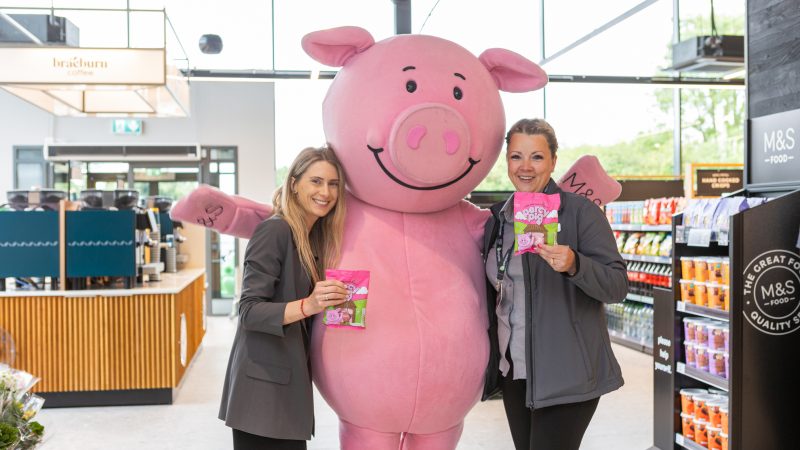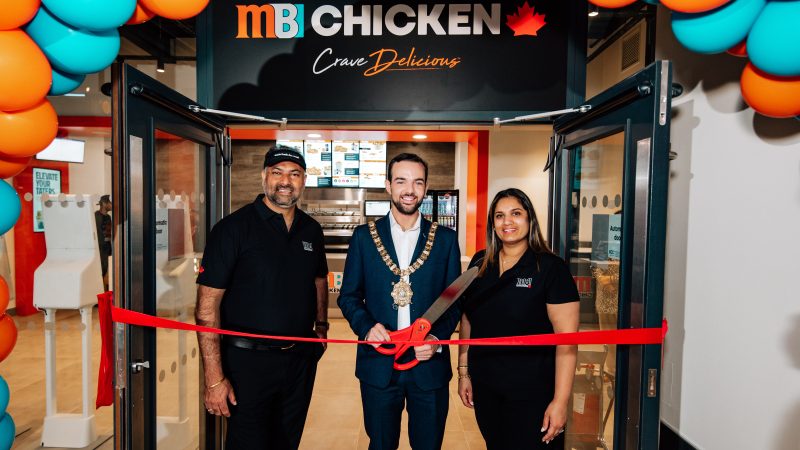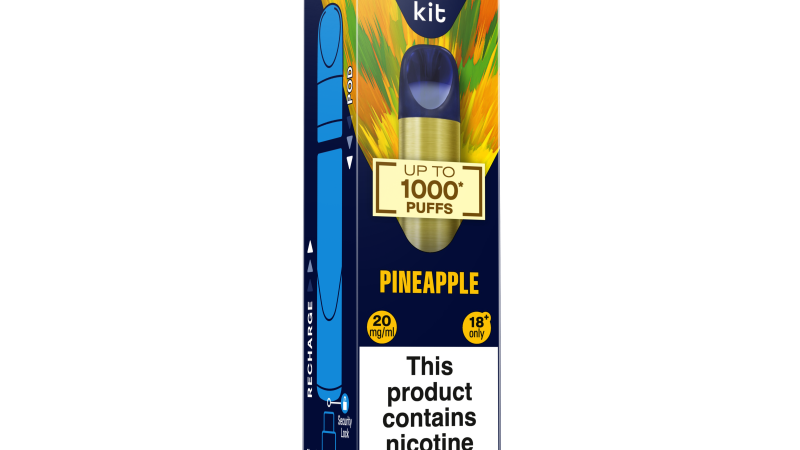Current EV support has to be retained: Brian Cooke

Brian Cooke, Director General of SIMI, tells IFCR how the motor industry rose to the challenges of 2021 and takes a look at the year ahead.
2021 brought us Brexit, COVID, Semi-Conductors and a new Climate Action Plan – all massive challenges individually, but crystallising at the same time has certainly made business more difficult, not just this year but for the year ahead.
But I have no doubt our industry will rise to these challenges. Resilience is a word that best describes 2021 – it is a quality that the Irish motor industry has displayed time and time again and is something we must carry forward into 2022.
For all sectors 2021 has been yet another difficult year, the start of which saw the closure of our dealerships from January until May, yet despite this the industry adapted to offer a click and deliver service.
The heavy investment by dealers in their online platforms helped to continue an amount of vehicle activity and provided some relief to the sector, while many of our members continued to provide essential services such as vehicle testing, servicing, repair and recovery.
2021 was the year we finally saw a trading agreement between the EU and the UK, but if we thought that was the end of the negotiations, we were mistaken, as the GB Government’s refusal to implement what was agreed in relation to the Northern Ireland Protocol continues to bring uncertainty. The imposition of customs duties and formalities have added costs to many members’ business, as well as causing delivery delays.
In addition, the handling of the Brexit margin scheme and the treatment of VAT for used vehicle imports into Northern Ireland continues to be an area of huge concern, as both the current and proposed Great Britain measures not only discriminate against Republic of Ireland’s dealers, but also run counter to the protocol and EU vat rules. The industry, like many other sectors, will be following this situation closely and we will have to see how it will evolve in 2022.
On a global level the shortage of semiconductor chips hampered the supply of new cars, and while the situation is improving, it will take time to get back to normal levels. In the first half of 2022 there will be an issue with the supply of new cars and we hope that will resolve itself to some degree next year.
With the dual registration period January to June and July to December, we would be hopefully that any potential sales we might lose because of supply issues in the first half of the year could be recovered in the second half of the year.
104,563 total new cars were registered year to date (January-November) compared to 87,724 for the same period in 2020 (+19.2%) and 116,885 in 2019 (-10.5%). Of this total new car registrations 8,533 were electric vehicles (EVs), an increase on the number of EVs in 2020 (3,928) and on 2019 (3,413).
The ongoing growth in the electric car segment is very positive, with a further increase in electric vehicle sales anticipated next year. Notwithstanding this, we are still in the early stages of decarbonising the national fleet and we have a very long way to go to get close to the targets in the Climate Action Plan.
The decarbonisation of the national fleet is both a massive challenge and a great opportunity for our industry. In the right economic and taxation environment, the Irish motor industry can rise to this challenge and deliver for the country, both on an environmental and economic levels.
However, the portents are not good. In Budget 2022 we saw another increase in Vehicle Registration Tax (VRT) on new cars for a second consecutive year, while at the same time SEAI Grant support for Plug-in Hybrid Vehicles (PHEVs) removed; both of these measures are short-sighted and counterproductive.
To do so at a time when our industry like so many others is emerging from a pandemic, underlines that we are not safe from further future increases. It is essential that the existing basket of Electric Vehicle (EV) incentives are maintained, until we see the dial moving towards mass adoption over the next 10 years.
The domestic economy in 2021 bounced back, and the motor industry has certainly benefited from increased consumer spending. It is important this trend continues into 2022 and beyond, which, along with a fairer motoring taxation regime, can allow our members continue to support both their local economies and Ireland’s ambition to drive down emissions.
To read the full article in the IFCR yearbook, click HERE.








